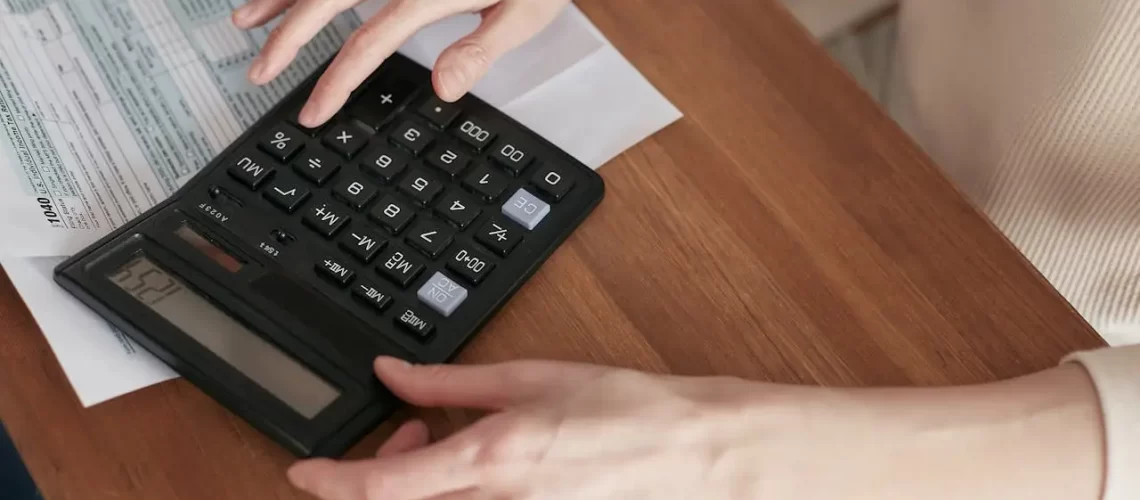Are Appraisals Tax-Deductible? What You Need to Know

Are Appraisals Tax-Deductible? Here’s What You Need to Know
If you’ve ever wondered whether the cost of an appraisal is tax-deductible, the answer is: often, it can be! While appraisals for personal reasons typically don’t qualify, many situations allow the fees to be deducted on your tax return. Let’s break it down.
When Appraisal Fees Are Tax-Deductible
Charitable Donations
If you’re donating art, antiques, or other high-value property to a qualified charity, the IRS requires an appraisal to substantiate the value of the gift for tax deduction purposes. In these cases, the cost of the appraisal is considered a necessary step in the donation process and may be deductible.Business-Related Property
Appraisals for business purposes, such as valuing inventory, business property, or other assets, may qualify as deductible business expenses. For instance, if your business owns artwork or antiques that need valuation for insurance or financial records, the appraisal fee could be written off.Estate Appraisals
Managing an estate often requires appraisals to establish the fair market value of property for tax purposes. These fees can usually be deducted as part of the estate’s administration costs. Executors should consult with their tax advisors to ensure proper documentation.Investment Property
If the appraisal relates to property held for investment, such as artwork or collectibles purchased with the intent to resell, the cost might qualify as a tax-deductible expense.
When Appraisal Fees Are Not Tax-Deductible
- Personal Use: Appraisals done for personal insurance, curiosity, or non-business purposes are not deductible.
- Property Sales: If you’re selling personal property (not investment property), appraisal fees generally can’t be deducted.
Why IRS Compliance Matters
For appraisals to qualify as tax-deductible, they must meet IRS standards, especially for charitable donations or estate valuations. That’s why working with a qualified, experienced, and most importantly a USPAP COMPLIANT appraiser is essential. At Artrium, I specialize in creating IRS-compliant appraisals that meet the highest professional standards, giving you confidence in your tax filings.
USPAP (Uniform Standards of Professional Appraisal Practice) is a set of ethical and performance standards for appraisers in the United States, recognized by the IRS and other regulatory bodies. These standards ensure that appraisals are conducted with integrity, objectivity, and independence. USPAP governs the process of developing appraisals, reporting results, and maintaining confidentiality. By adhering to USPAP, appraisers provide credible and legally compliant valuations, which is essential for tax reporting, charitable donations, and estate planning.
Consult a Tax Professional
It’s always a good idea to consult with your CPA or tax advisor to confirm deductibility for your specific situation. Tax laws can be complex, and your advisor can ensure you maximize your deductions while staying compliant.
Need a Professional Appraisal?
If you’re donating, managing an estate, or dealing with business-related property, I’m here to help. As a qualified appraiser with extensive experience in fine art and personal property valuation, I provide thorough, reliable appraisals tailored to your needs.
Contact me today to schedule a consultation and ensure your appraisal meets IRS requirements!USPAP (Uniform Standards of Professional Appraisal Practice) is a set of ethical and performance standards for appraisers in the United States, recognized by the IRS and other regulatory bodies. These standards ensure that appraisals are conducted with integrity, objectivity, and independence. USPAP governs the process of developing appraisals, reporting results, and maintaining confidentiality. By adhering to USPAP, appraisers provide credible and legally compliant valuations, which is essential for tax reporting, charitable donations, and estate planning.